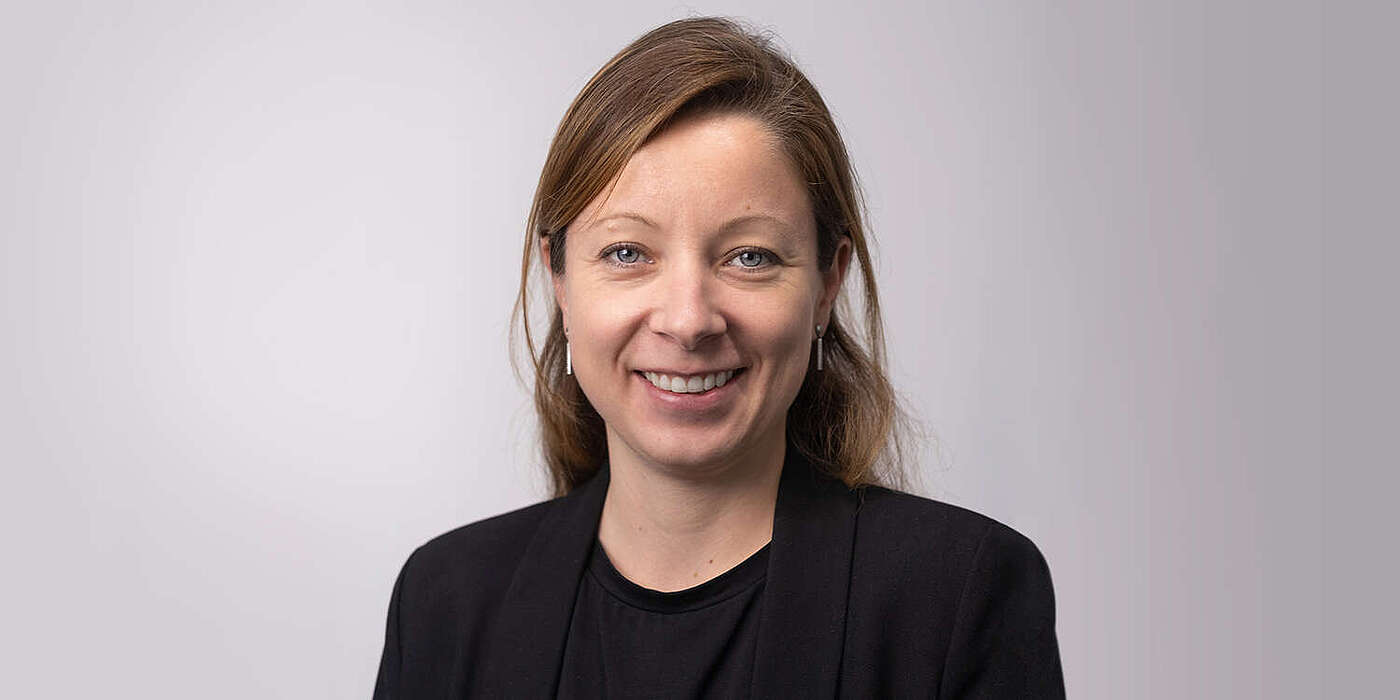Each year, EMBO selects some of the very best junior life science researchers in Europe to join the Young Investigator Program. With her nomination, Dr. Claudia Keller Valsecchi becomes a member of a high-ranking network of nearly 800 current and former EMBO Young Investigators, who represent some of the best junior life science researchers in Europe and beyond. Established in 2000, the EMBO Program supports excellent molecular biologists in the early stages of their career as research group leaders.
"EMBO welcomes the new young investigators, a group of exceptional scientists who represent innovation and excellence in their fields. The multidisciplinary EMBO Young Investigator Network that they will join generates many opportunities for forming connections. We are delighted to support this next generation of scientific leaders and the collaborations they will form,” says EMBO Director Fiona Watt.
Causes and consequences of gene dosage alterations
Claudia Keller Valsecchi is one of 27 junior researchers to receive the distinction this year. She is currently working at the Institute of Molecular Biology (IMB) in Mainz and will take up her position as Assistant Professor at the Biozentrum in summer 2025. Keller Valsecchi studied molecular biology at the University of Basel and received her PhD at the Friedrich Miescher Institute for Biomedical Research (FMI). After a postdoctoral fellowship at the Max Planck Institute of Immunobiology and Epigenetics in Freiburg, she joined the IMB as a group leader in 2020.
In her research, she focuses on the evolution of sex chromosomes, sex differences and the causes and consequences of gene dosage alterations. Unlike females, male individuals have only a single X chromosome and therefore just a single copy of x-linked genes instead of two. Keller Valsecchi and her team investigate the significance of gene copy number and the molecular mechanisms that compensate for the differences in gene dosage. Gene dosage alterations play a pivotal role in aging and diseases.
Promoting junior life science researchers
With Claudia Keller Valsecchi, eight scientists from the Biozentrum have now been distinguished as EMBO Young Investigators. This year, the EMBO program received 207 eligible applications and the success rate was 13 percent.
The Young Investigator program supports the career of excellent junior researchers, who have established their first research group in the past four years. In addition to a funding of 15,000 Euros annually over three years, they also have the opportunity to participate in mentoring programs, advanced training courses and conferences and to access the core facilities at the European Molecular Biology Laboratory (EMBL) in Heidelberg.
Contact: Communications, Katrin Bühler



